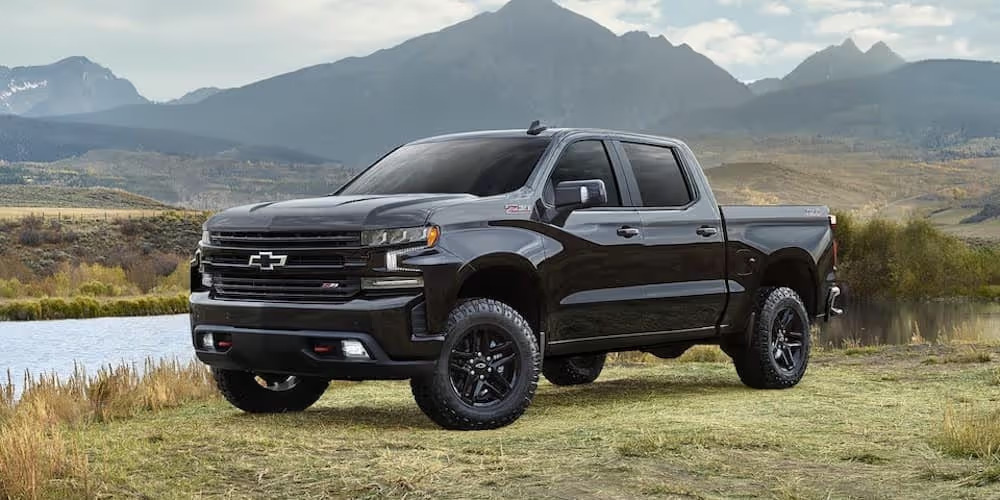Pickup trucks have long held a special place in the automotive landscape, particularly in North America, where they symbolize strength, versatility, and rugged dependability. Whether used for heavy-duty work on construction sites, hauling trailers across vast distances, or as reliable daily drivers for families and outdoor enthusiasts, pickups serve a wide range of purposes.
Their unique blend of capability and practicality has made them some of the most popular vehicles on the road, with millions sold each year. However, not all pickups are created equal when it comes to quality and reliability. One key measure that prospective buyers and industry analysts often consider is the frequency and severity of recall campaigns associated with a vehicle model.
Recalls are an important part of the automotive ecosystem. They represent a manufacturer’s response to potential safety hazards or defects that could impair the vehicle’s function, endanger occupants, or cause costly repairs down the line.
While recalls can be viewed negatively by consumers, they also demonstrate a commitment by automakers to maintain safety standards and address problems proactively. Still, the number and nature of recalls can influence consumer perceptions, brand reputation, and ultimately, vehicle resale values.
In this article, we explore two contrasting aspects of the pickup truck market: the models with the fewest recall campaigns and those with the most. On one side, pickups like the Toyota Tacoma and Honda Ridgeline have earned praise for their consistent reliability, low recall rates, and overall owner satisfaction.
These trucks showcase how careful engineering, conservative design approaches, and rigorous quality control can reduce the incidence of recalls and contribute to long-term durability. Their histories reveal a dedication to refining proven technologies and minimizing complex, failure-prone systems.
On the other side, full-size workhorses such as the Ford F-150, Chevrolet Silverado 1500, and Ram 1500 illustrate the challenges of producing high-volume trucks packed with advanced features and multiple powertrain options.
While immensely popular and often equipped with cutting-edge technology, these models also tend to have higher recall counts, sometimes stemming from safety system issues, electrical complexities, or manufacturing defects.
These trucks provide a window into the balancing act automakers face between innovation, performance, and reliability in an intensely competitive market.
Understanding the reasons behind these recall trends requires a look at several factors. Production scale, engineering philosophies, supply chain management, and the incorporation of new technologies all play critical roles.
For example, vehicles produced in large numbers have a higher probability of recalls simply due to the scale, but strong quality assurance and conservative design can mitigate this risk.
Conversely, aggressive adoption of new technologies, while appealing to tech-savvy buyers, may introduce software bugs or mechanical faults that prompt recalls. Additionally, the type and severity of recalls—ranging from minor software updates to critical safety fixes—impact how these statistics are interpreted by consumers.
For buyers in the market for a pickup, recall history is more than just a statistic. It can influence decisions about brand loyalty, long-term maintenance costs, and overall peace of mind.
A truck with fewer recalls often signals reliability, a strong track record, and manufacturer accountability, which are essential for vehicles expected to endure harsh conditions and demanding workloads. Conversely, trucks with frequent recalls might raise concerns about potential disruptions, repair hassles, and safety risks.
Through detailed examination of specific models, this article aims to provide insights into why some pickups enjoy relatively few recall campaigns while others face more frequent interventions. We delve into the engineering strategies, customer experiences, and manufacturing practices behind these outcomes.
Whether you are a seasoned truck enthusiast, a first-time buyer, or simply curious about automotive quality, this exploration will help shed light on an important aspect of pickup truck ownership — reliability as reflected by recalls.
Also Read: 5 Mazdas Known for Engine Endurance and 5 That Fail Fast
5 Pickups with the Fewest Recall Campaigns
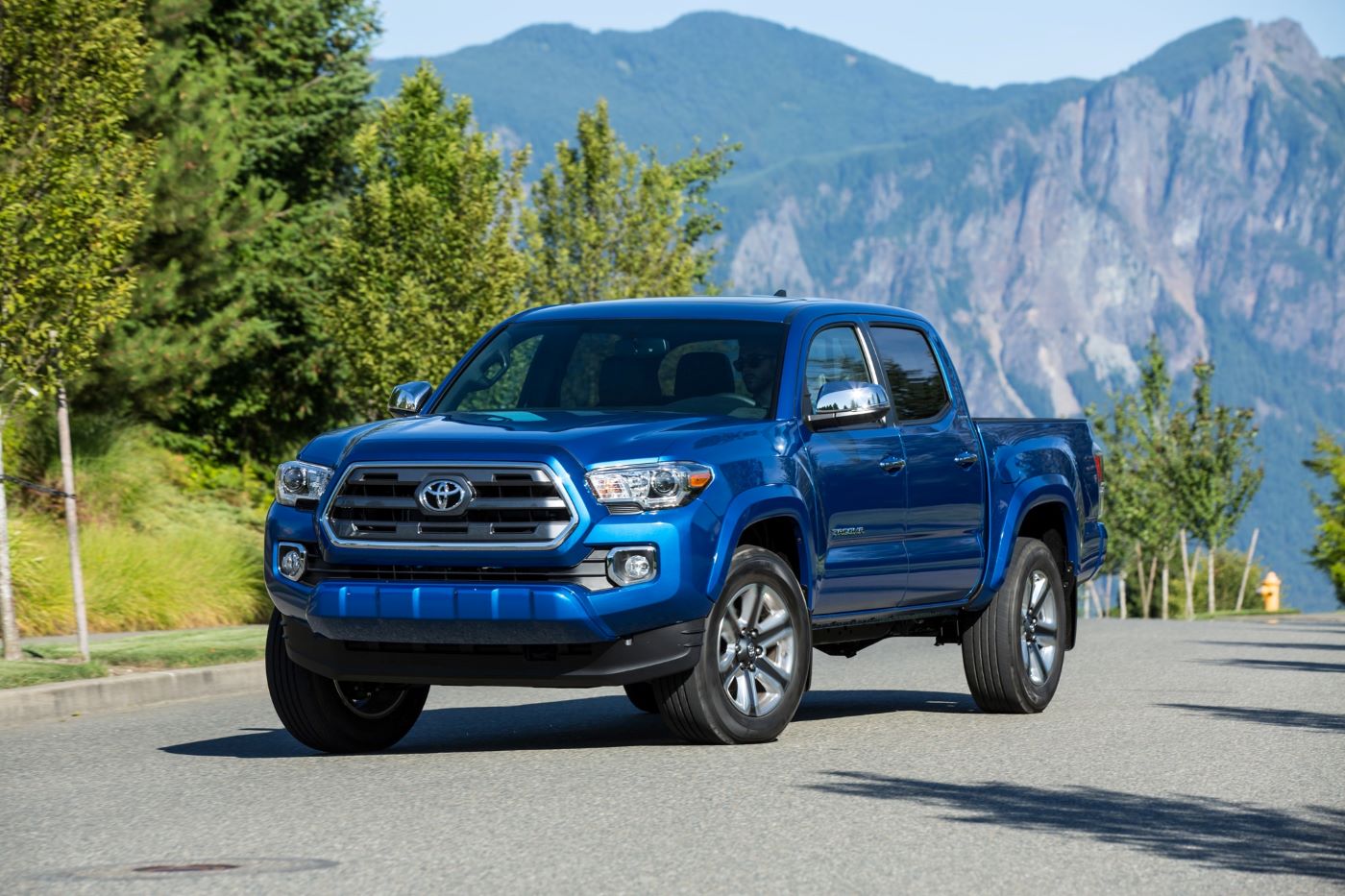
1. Toyota Tacoma
The Toyota Tacoma’s reputation for reliability and durability has made it a favorite among pickup buyers for decades. Since its introduction in the mid-1990s, the Tacoma has consistently been praised for its ability to endure rough terrain, heavy loads, and harsh weather conditions without frequent breakdowns or costly repairs.
This robustness is a direct result of Toyota’s engineering philosophy, which focuses on building vehicles that emphasize longevity and reliability over flashy innovation or radical design changes. The low number of recall campaigns on the Tacoma reflects Toyota’s commitment to quality and the brand’s careful vetting of components before they enter production.
One of the key reasons for the Tacoma’s minimal recalls is Toyota’s conservative approach to engineering. Unlike some manufacturers that aggressively push the boundaries with new technologies or radical redesigns, Toyota opts to refine proven mechanical systems and components.
For example, the Tacoma’s engines, transmissions, and chassis systems have evolved gradually, benefiting from years of feedback and improvements rather than being replaced wholesale every few years. This evolutionary design strategy lowers the risk of defects and failures, resulting in fewer recall-worthy issues over time.
Another factor contributing to the Tacoma’s strong reliability is Toyota’s stringent quality control standards during manufacturing. Toyota’s “Just-In-Time” production system and lean manufacturing principles help maintain consistent quality at every stage of assembly.
Each Tacoma undergoes rigorous testing for safety, emissions, and durability, with any potential issues caught before the trucks leave the factory. This careful attention to detail reduces the likelihood of defective parts making it into the final product, leading to fewer recalls and greater owner satisfaction.
Customer loyalty also plays a role in the Tacoma’s ongoing success. Many Tacoma owners report driving their trucks well beyond 200,000 miles with minimal major repairs, contributing to the vehicle’s legendary status.
The Tacoma’s strong resale value and reputation for reliability help attract buyers who prioritize long-term dependability. Additionally, Toyota’s active recall management system ensures that when recalls are issued, they are typically minor and quickly resolved.
This responsiveness further strengthens owner confidence in the model, making the Tacoma a perennial leader in the midsize pickup category.
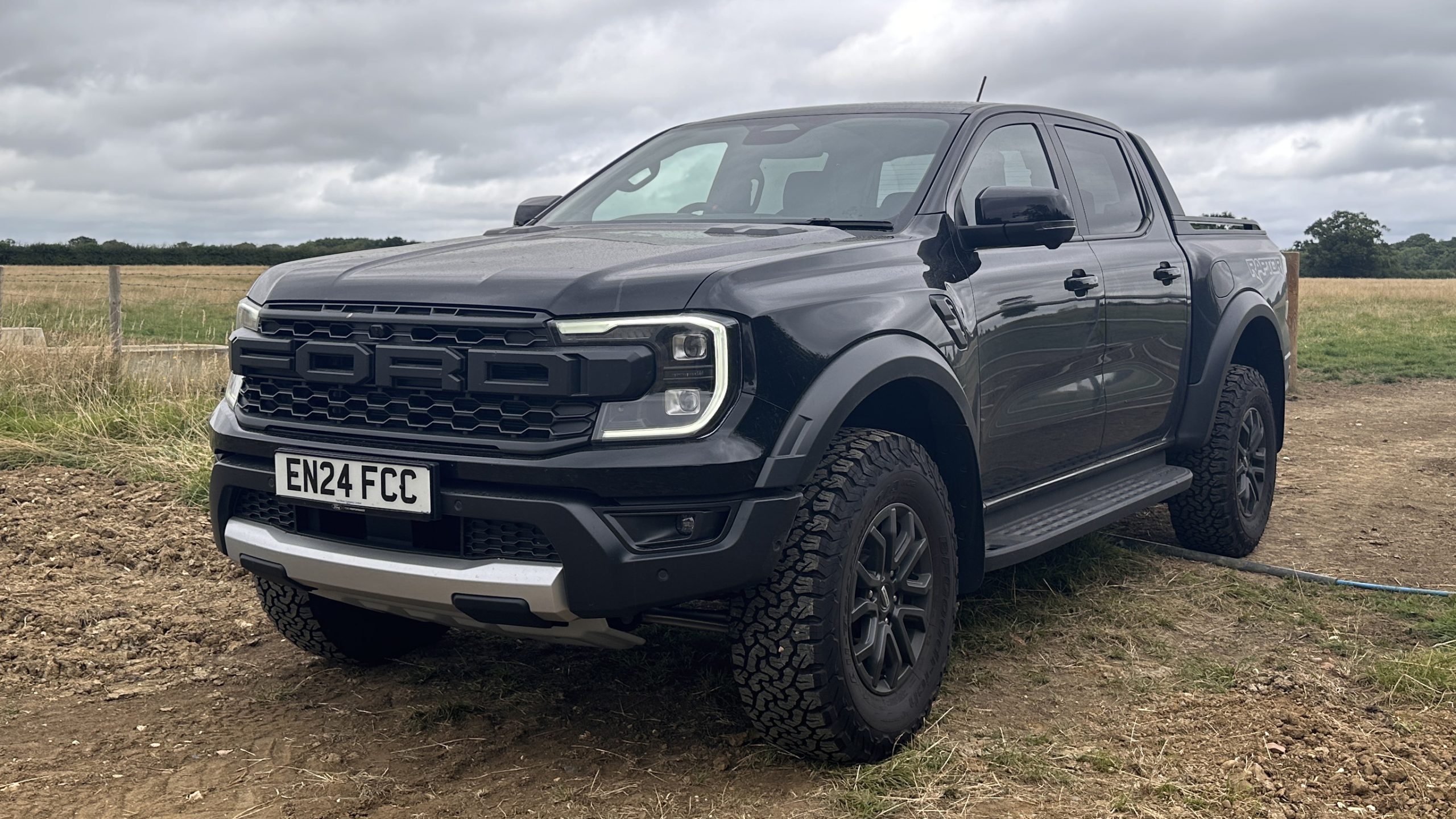
2. Ford Ranger (Recent Generations)
The modern Ford Ranger, particularly since its reintroduction to the North American market in 2019, has seen a marked improvement in reliability and recall history compared to previous generations. Early Rangers, especially those produced in the late 1990s and early 2000s, had their share of recalls and mechanical problems, but Ford’s renewed focus on quality and durability has significantly reduced these issues in recent models.
The current Ranger benefits from lessons learned over decades of manufacturing trucks and integrates modern engineering advances with time-tested mechanical designs.
Ford’s approach with the Ranger involves blending advanced technology with proven components, which helps balance innovation and reliability. The truck’s EcoBoost engine, for example, is widely regarded for its fuel efficiency and performance, but Ford has been careful to address potential issues through extensive testing and software updates before release.
This careful calibration reduces the chances of engine-related recalls, which have plagued some competitors. Additionally, the Ranger’s chassis and suspension systems draw from Ford’s extensive truck expertise, offering durability without excessive complexity.
Manufacturing improvements also contribute to the Ranger’s minimal recall record. Ford has implemented advanced robotics, automated quality inspections, and stringent supplier vetting processes to reduce defects.
The company’s global supply chain is managed with an emphasis on traceability and accountability, ensuring that any faulty parts are identified quickly. This proactive stance on quality control translates into fewer warranty claims and recall campaigns, making the Ranger a dependable choice for consumers.
Furthermore, Ford has invested heavily in customer service and recall communication, ensuring that Ranger owners are informed and supported throughout any recall process.
This customer-centric approach has helped build trust and loyalty, particularly among buyers seeking a midsize pickup with modern features but solid reliability. With its blend of performance, capability, and low recall history, the Ford Ranger continues to gain traction in a competitive segment.
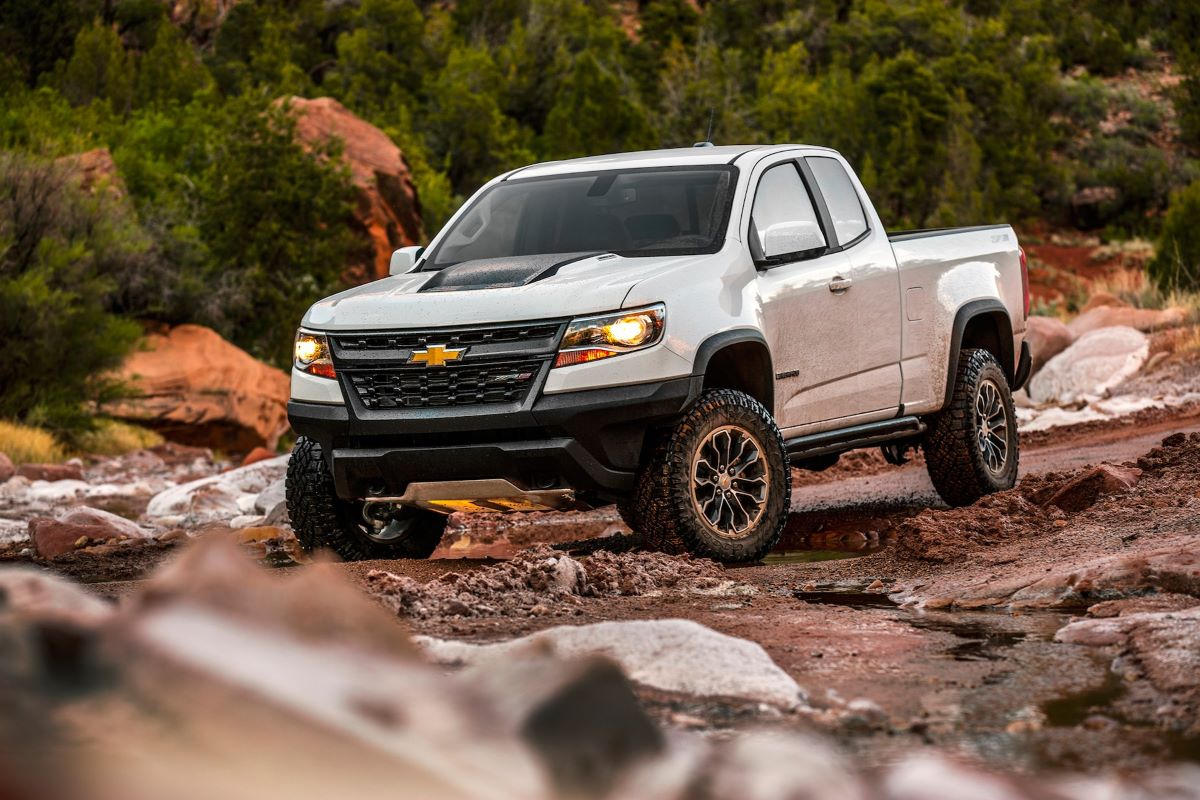
3. Chevrolet Colorado
The Chevrolet Colorado occupies a vital position in the midsize pickup market, known for combining rugged capability with refined comfort. Chevrolet has invested considerable resources into ensuring that the Colorado offers not just power and utility, but also dependability, which is evident in its relatively few recall campaigns.
GM’s strategy with the Colorado has emphasized building on a solid foundation, refining engine options and safety features over time rather than rushing to market with untested components.
The Colorado’s powertrains, including the widely respected 3.6-liter V6 and the efficient 2.8-liter Duramax diesel, have been developed with reliability in mind. General Motors’ extensive testing protocols help ensure these engines perform well under various conditions, reducing the likelihood of failures that might prompt recalls.
Emissions compliance and fuel delivery systems have also been areas of focus, especially given evolving environmental regulations, and Chevrolet has worked diligently to address any issues proactively before they escalate into recalls.
On the safety front, the Colorado is equipped with features such as stability control, multiple airbags, and driver assistance options in newer trims. These systems have generally performed well in real-world usage, leading to a clean recall record in terms of safety-related defects.
When minor recalls have occurred, they were typically related to software updates or component adjustments that did not compromise the truck’s fundamental safety or performance.
Customer satisfaction surveys and reliability ratings consistently highlight Colorado as a solid choice for buyers looking for a midsize truck with a balanced combination of strength and dependability.
Chevrolet’s comprehensive warranty and attentive recall response efforts also contribute to the vehicle’s reputation. Overall, Colorado stands out for delivering a dependable driving experience with fewer interruptions from recall campaigns compared to many competitors.
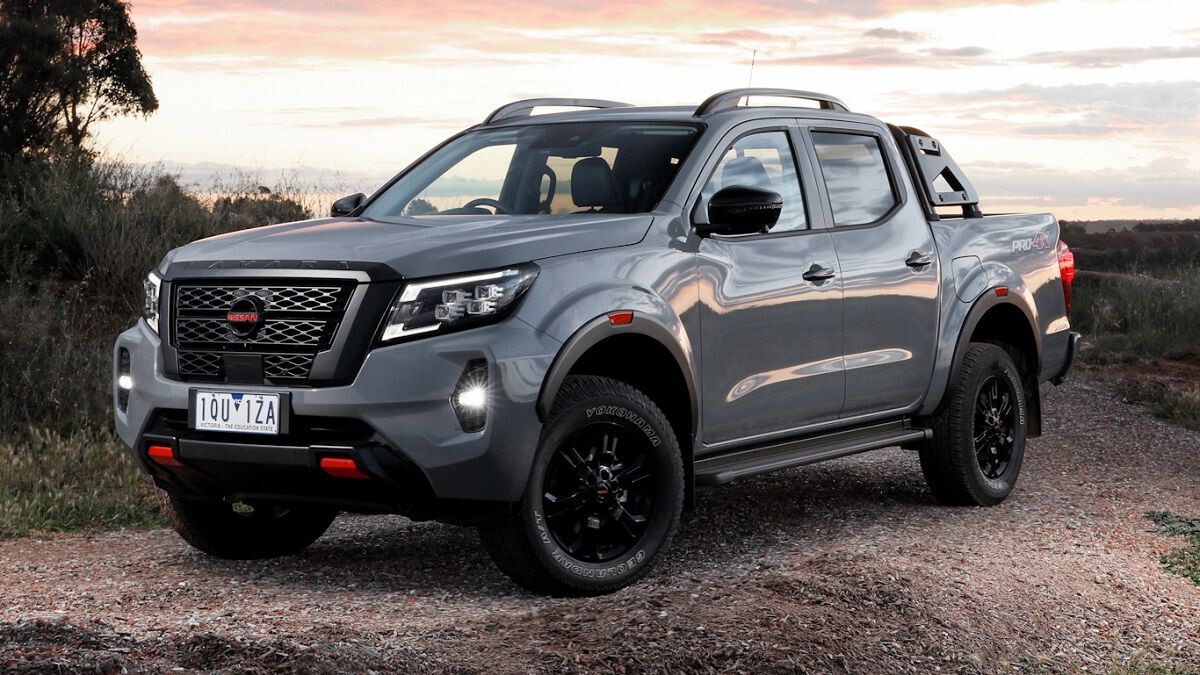
4. Nissan Frontier
The Nissan Frontier has a long-standing reputation as a tough, no-nonsense midsize pickup that prioritizes mechanical simplicity and ruggedness. Since its debut in the late 1990s, the Frontier has been recognized for offering durable components and straightforward engineering, which contribute to its relatively low number of recall campaigns.
Nissan’s philosophy with the Frontier revolves around reliability and ease of maintenance, which resonates well with consumers who use their trucks for both work and recreation.
One of the Frontier’s strengths lies in its use of proven technology across its powertrain and chassis systems. The truck’s engines, often shared with other Nissan models, have a history of dependable performance and straightforward repairability.
This part’s commonality reduces the likelihood of unexpected failures, as Nissan has had years to perfect these components. The vehicle’s suspension and frame design also emphasize durability over complexity, further minimizing potential recall issues.
The Frontier’s relatively modest list of safety features compared to newer trucks may also play a role in its lower recall numbers. While it may lack some of the latest driver-assist technologies, the systems it does include, such as airbags and stability control, have proven reliable in the field.
Nissan’s approach avoids the introduction of overly complex electronics that could lead to software bugs or hardware failures, common causes of recalls in other vehicles.
Owners of the Nissan Frontier often report high satisfaction with the truck’s reliability and capability, citing its rugged construction and ease of repair as major benefits.
Nissan’s ongoing efforts to update the model with incremental improvements, rather than radical redesigns, have helped maintain this reliability over time. These factors combined make the Frontier a standout in the midsize pickup segment for buyers prioritizing a durable, low-recall vehicle.
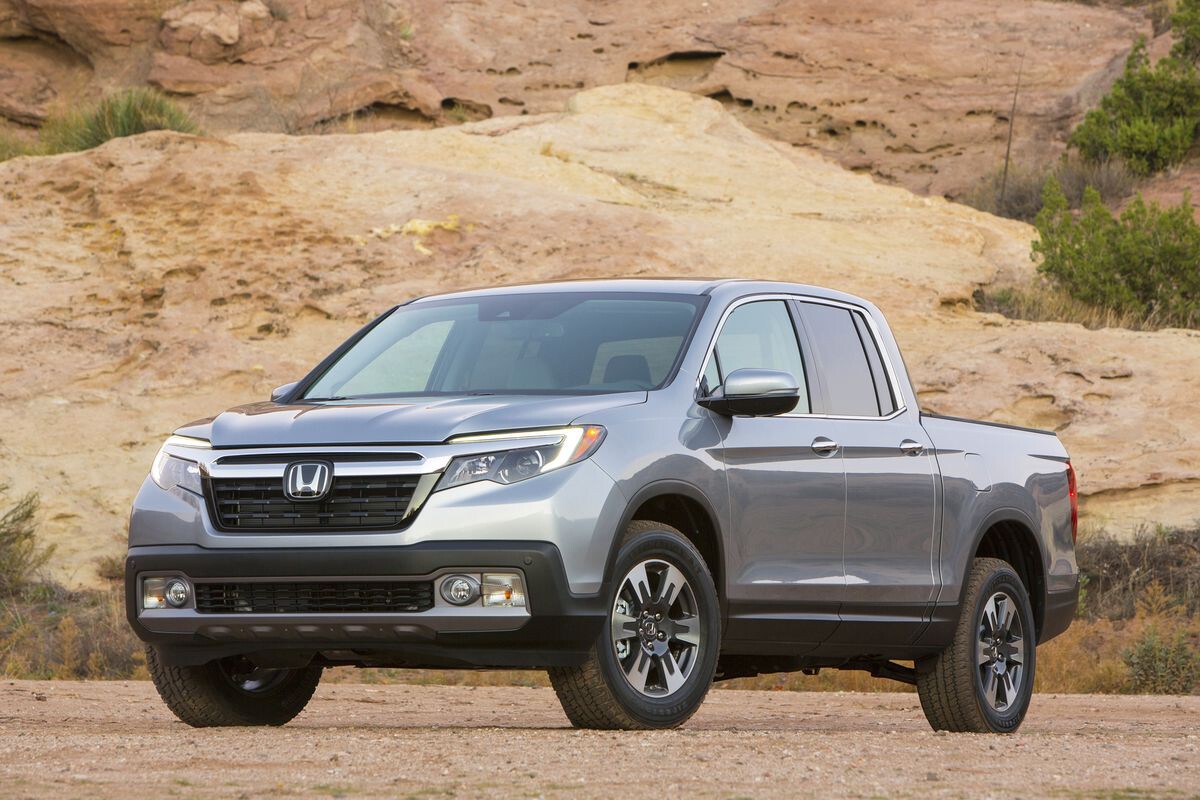
5. Honda Ridgeline
The Honda Ridgeline occupies a unique niche in the pickup market, blending SUV-like comfort with pickup functionality. Since its launch, the Ridgeline has been noted for its innovative unibody design, which differs from the traditional body-on-frame trucks and contributes to its smooth ride and overall reliability.
Honda’s reputation for precision engineering and quality control shines through in the Ridgeline’s limited recall history, making it an attractive choice for buyers seeking a comfortable yet dependable pickup.
The Ridgeline’s powertrain, which typically features a reliable V6 engine paired with a smooth-shifting automatic transmission, benefits from Honda’s extensive experience in producing durable engines for a range of vehicles. These components are well-proven and subject to rigorous testing standards, which help minimize mechanical failures and subsequent recalls. The unibody structure also contributes to structural integrity and reduces potential weak points that might cause problems in a traditional truck frame.
Safety technology in the Ridgeline is advanced but carefully implemented. Honda’s suite of driver assistance features, known as Honda Sensing, includes adaptive cruise control, collision mitigation braking, and lane-keeping assist.
These systems are designed with an emphasis on reliability and user-friendliness, resulting in fewer recalls related to electronics or software glitches that affect other trucks. When minor issues have been identified, Honda has addressed them promptly, reinforcing the truck’s strong safety reputation.
In addition to engineering excellence, Honda’s customer service and maintenance support help ensure that Ridgeline owners experience fewer disruptions from recalls. The truck’s blend of innovation, comfort, and reliability makes it a standout choice for those who want a pickup that performs well both on and off the road, with minimal recall concerns.
5 Pickups with the Most Recall Campaigns
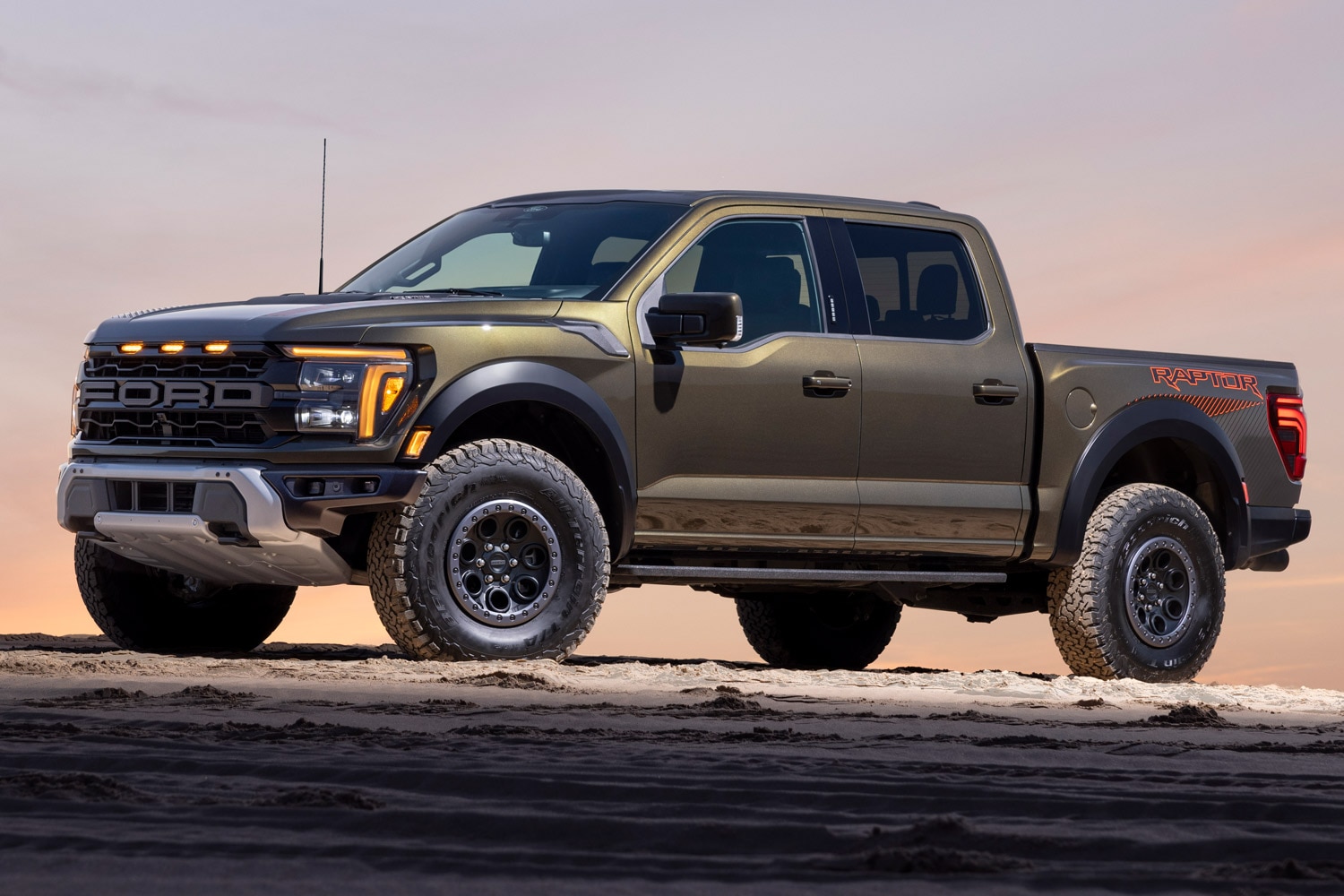
1. Ford F-150
The Ford F-150 is arguably the most popular and best-selling pickup truck in North America, a status it has maintained for decades. However, with such high volume production and a history spanning multiple generations, it has also experienced a notable number of recall campaigns over the years.
The sheer scale of the F-150’s production means that even minor issues affecting a fraction of vehicles can translate into large recall numbers. Additionally, Ford’s willingness to innovate aggressively with new materials, technologies, and features sometimes results in unforeseen problems that prompt recalls.
Many of the F-150 recalls relate to safety and mechanical components such as airbags, seat belts, engine systems, and fuel tanks. For instance, some recall campaigns have addressed problems with faulty airbags that could fail to deploy or inflate improperly, posing serious safety risks.
Similarly, fuel system defects have occasionally been cited, which raised concerns about potential leaks or fire hazards. The complexity of modern pickups, packed with advanced electronics and connectivity features, also introduces vulnerabilities to software glitches or sensor malfunctions, which have resulted in recall notices.
The F-150’s extensive variety of trim levels and powertrain options adds to the challenge. From traditional V8 engines to EcoBoost turbocharged units, hybrids, and even all-electric versions, each powertrain variant carries unique components and complexities.
This diversification increases the possibility of defects emerging in specific systems or configurations, leading to targeted recall campaigns. Ford’s commitment to maintaining cutting-edge technology in its trucks means it must regularly monitor and update systems, often necessitating recalls to address newly discovered issues.
Despite these challenges, Ford has taken a proactive approach to recalls, often issuing notices quickly and providing comprehensive repair solutions. The company’s vast dealership network helps ensure affected vehicles are serviced promptly.
Although the F-150 has a higher recall count compared to some competitors, it remains a favorite due to its performance, capability, and broad availability of aftermarket support. The recalls, while inconvenient, have not diminished the truck’s enduring popularity.
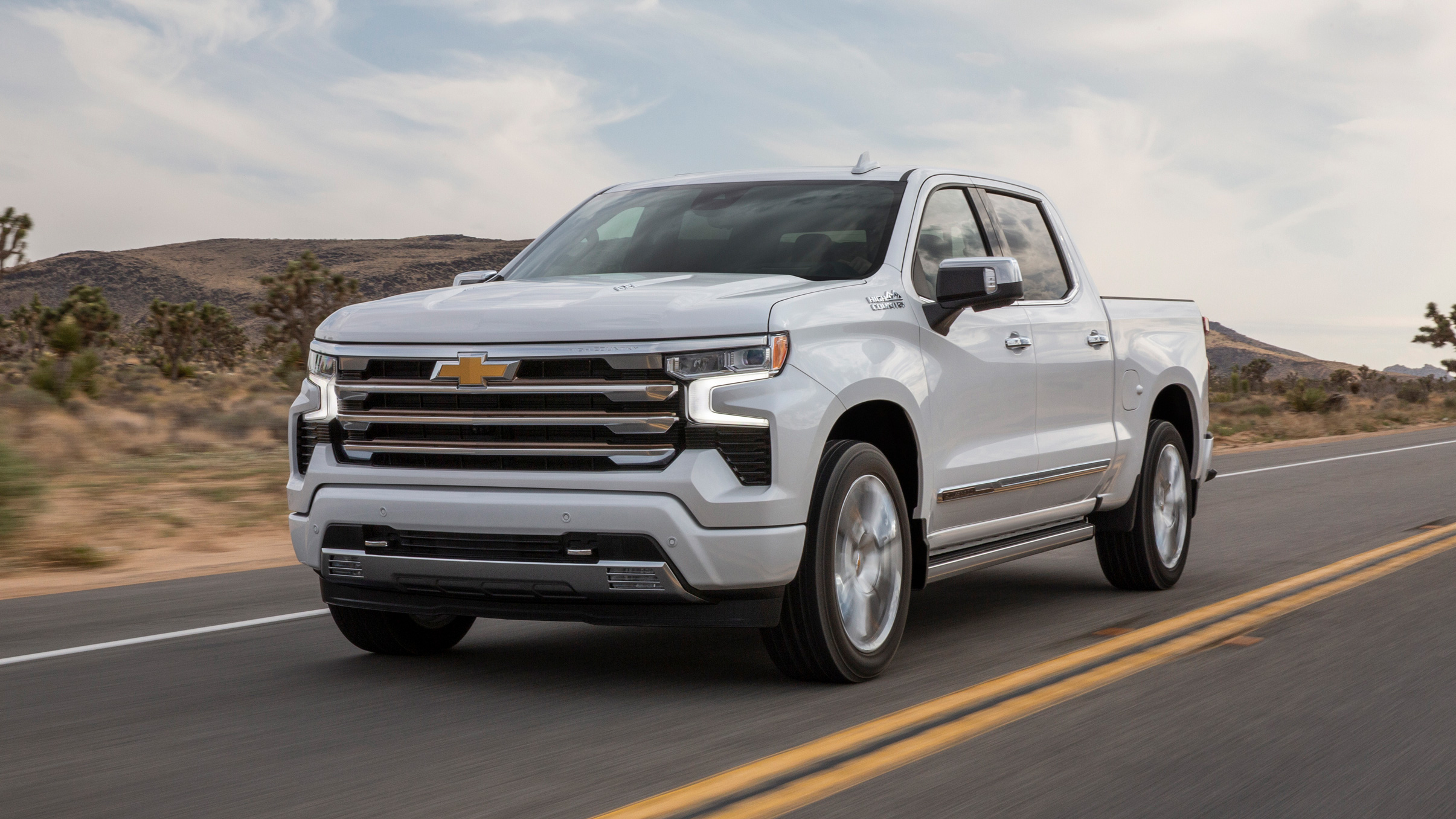
2. Chevrolet Silverado 1500
The Chevrolet Silverado 1500, GM’s flagship full-size pickup, has also seen a significant number of recall campaigns throughout its production history. Like the Ford F-150, the Silverado is produced in massive volumes, which naturally increases the absolute number of recall events.
Over multiple generations, Chevrolet has introduced new technologies, engines, and safety features, some of which have unfortunately resulted in recalls when defects or safety risks were identified post-release.
A substantial portion of Silverado recalls have involved airbag systems, electrical wiring, and fuel systems. Airbag inflators and sensors sometimes failed or degraded over time, causing risks that led to major recall campaigns.
Wiring harness issues could cause shorts or failures in critical vehicle systems, prompting recall actions to prevent fire hazards or system shutdowns. Additionally, certain engines and transmissions in the Silverado line have experienced defects affecting performance or emissions compliance, requiring updates or replacements under recall programs.
Chevrolet’s aggressive push to enhance the Silverado with advanced driver-assist technologies has also introduced some complexity. Features such as lane-departure warning, automatic emergency braking, and adaptive cruise control rely on sensors and software that have occasionally experienced glitches.
These tech-driven recalls highlight a broader industry trend where increased automation and electronic complexity raise the risk of software faults or calibration errors that manufacturers must address.
Despite these recall issues, the Silverado remains a cornerstone of the American pickup market, praised for its strong towing and hauling capabilities, comfortable interiors, and broad configuration options. Chevrolet has a history of swift recall management and customer communication, helping to maintain owner confidence even in the face of frequent recall announcements.
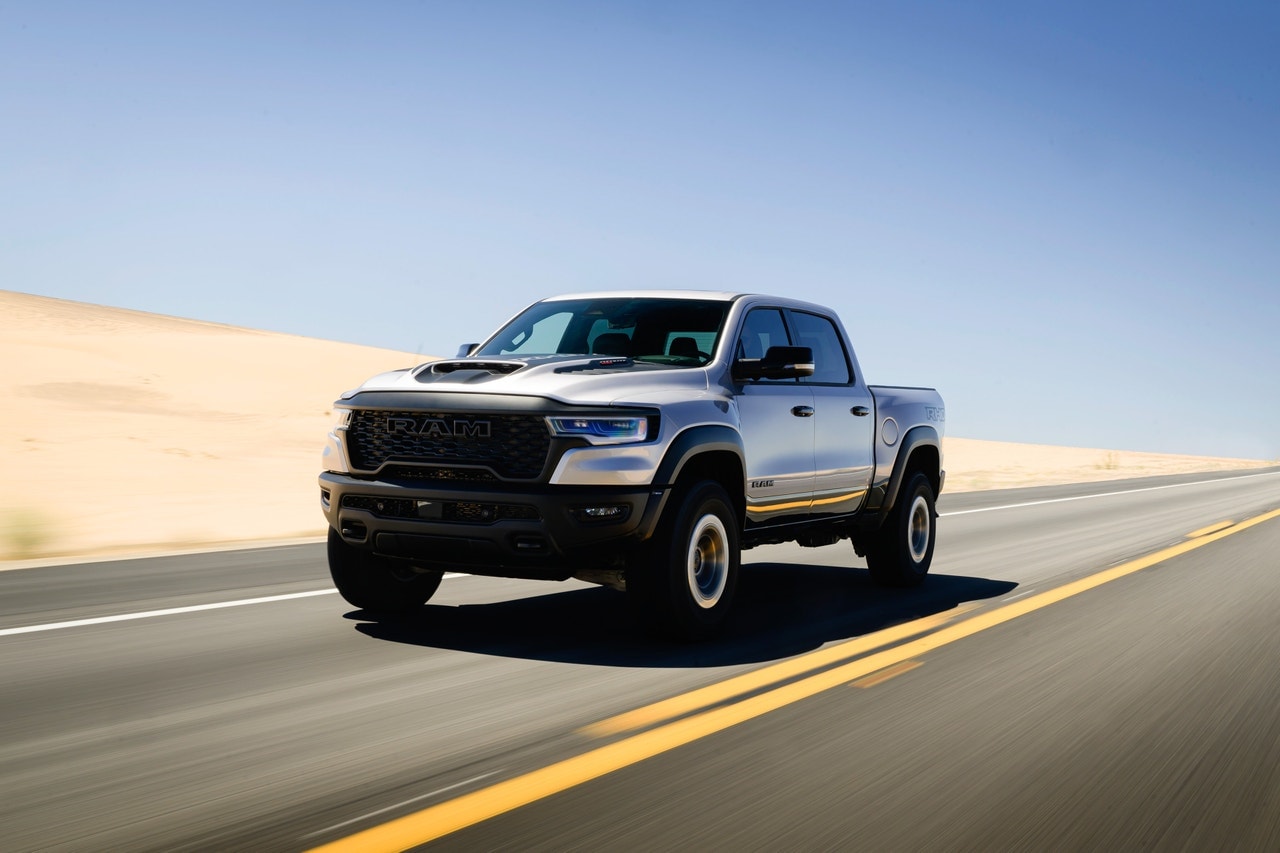
3. Ram 1500
The Ram 1500, produced by Stellantis (formerly FCA), is known for its powerful engines and upscale interiors, but it has not escaped the widespread recall trends seen in full-size pickups. Over the years, the Ram 1500 has been involved in numerous recalls, some of which have been large-scale and highly publicized due to safety concerns.
Ram’s recalls tend to involve both mechanical components and advanced technology systems, reflecting the truck’s blend of traditional powertrain options and modern electronics.
Many Ram 1500 recalls have focused on airbags, seat belts, and braking systems — critical safety elements that have occasionally suffered from defects or premature wear. For example, some models have faced recalls related to faulty airbag inflators that risk not deploying properly during collisions, echoing a widespread industry problem linked to supplier issues.
Additionally, brake line corrosion and hydraulic system problems have prompted recalls aimed at preventing brake failure or leaks, underscoring the importance of rigorous durability testing.
Beyond safety systems, the Ram 1500’s more advanced features, such as electronic stability control and infotainment units, have introduced complexity that sometimes leads to software-related recalls. Features like Uconnect infotainment have been subject to security vulnerabilities or system crashes, prompting updates and recalls to fix potential safety or convenience issues.
The truck’s multiple engine options, including HEMI V8s and diesel variants, have also had isolated recall events for issues like emission system faults or fuel delivery problems.
Despite the high recall numbers, Ram has cultivated a loyal customer base attracted to the truck’s comfort and performance. The company’s approach to recalls involves transparency and comprehensive repairs, often offering loaner vehicles during service to minimize owner inconvenience.
The Ram 1500’s recalls, while substantial, have not severely impacted its market position, especially given its strong sales and positive reviews.
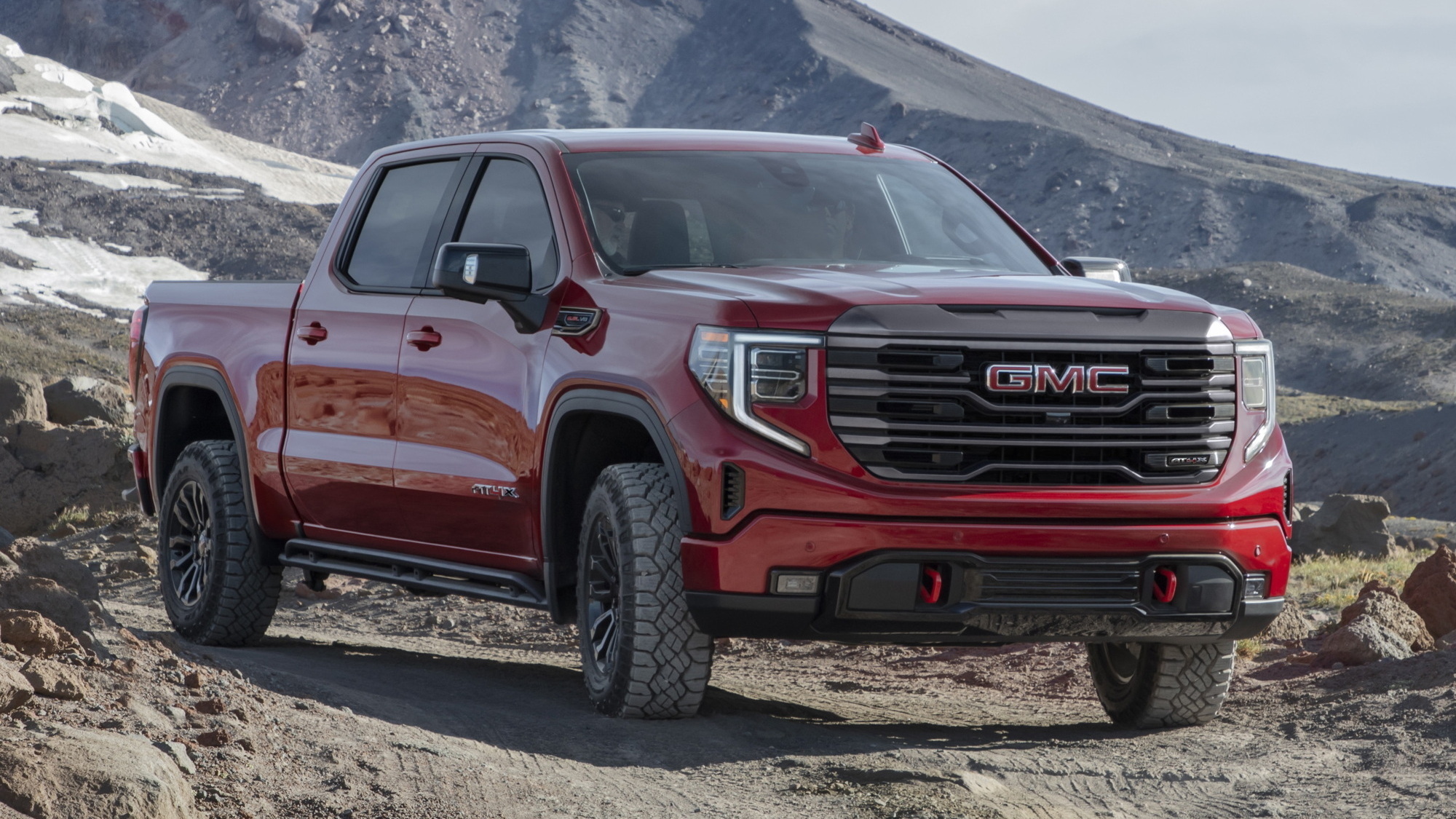
4. GMC Sierra 1500
The GMC Sierra 1500, often viewed as a premium sibling to the Chevrolet Silverado, shares many components and platforms with its GM counterpart, which contributes to a similar recall history.
While marketed with more upscale trims and luxury features, the Sierra still faces many of the same technical challenges as the Silverado, resulting in a comparable number of recall campaigns over the years.
Common recall issues with the Sierra include faulty airbag modules, electrical system defects, and fuel system vulnerabilities. These problems often stem from shared supplier components and manufacturing processes between the Sierra and Silverado lines.
Airbag inflator recalls, in particular, have been a significant issue industry-wide, affecting millions of vehicles including GMC pickups. Electrical issues, such as shorts in wiring harnesses, have sometimes caused unexpected shutdowns or fire risks, prompting prompt recall action.
The Sierra’s advanced safety and convenience technology packages, which include features like heads-up displays, lane-keep assist, and parking sensors, add to the truck’s complexity.
While these features enhance the driving experience, they also increase the potential for software glitches or hardware failures that can lead to recalls. GMC typically issues software updates or hardware replacements during recall campaigns to maintain system reliability and customer trust.
Despite the recall frequency, the GMC Sierra 1500 continues to be highly regarded for its combination of capability, luxury, and design.
GMC’s emphasis on customer service and its extensive dealer network help ensure that recall repairs are handled efficiently. Owners often cite the truck’s refinement and towing capacity as key reasons for purchase, outweighing concerns over recalls.
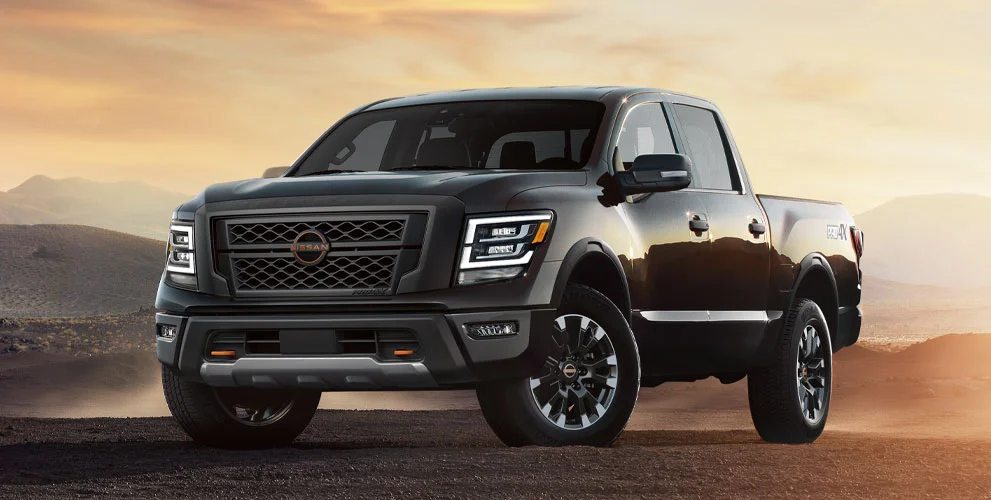
5. Nissan Titan
The Nissan Titan, Nissan’s entry into the full-size pickup market, has experienced a higher-than-average number of recall campaigns relative to its production volume. Introduced to compete with American giants like the Ford F-150 and Chevrolet Silverado, the Titan has undergone several generational updates, each bringing new technologies and design features — but also recall challenges.
Many Titan recalls involve engine and transmission issues, as Nissan has worked to refine its V8 powertrain and automatic transmissions to meet performance and emissions standards.
Problems such as faulty fuel injectors, transmission software glitches, and emission system malfunctions have led to recall actions. These mechanical issues, while typically repairable, have sometimes affected the Titan’s reputation for reliability in a competitive segment.
Safety recalls have also been significant for the Titan. Airbag-related campaigns, similar to those affecting many other pickups, have been prominent.
Additionally, some Titan models have faced recalls related to braking systems and steering components, underscoring the importance of ongoing quality assurance for these critical systems. Nissan’s ongoing efforts to address these concerns reflect its commitment to improving vehicle safety and customer satisfaction.
The Titan’s recalls extend beyond mechanical and safety issues, touching on electronic and infotainment system problems as well. Connectivity glitches, touchscreen malfunctions, and sensor calibration errors have occasionally necessitated software updates or hardware replacements under recall programs.
While the Titan offers a compelling package of power and features, these recurring recall challenges highlight the complexities of balancing innovation with reliability.
Despite the higher recall count, Nissan continues to refine the Titan with each generation, focusing on durability improvements and advanced technology integration. The truck remains an option for buyers looking for a capable alternative to domestic full-size pickups, with Nissan actively addressing recall issues to bolster owner confidence.
Also Read: 5 BMWs That Age Gracefully and 5 That Don’t
In conclusion, the landscape of pickup trucks reveals a fascinating contrast between models that have managed to maintain strong reputations for reliability with minimal recall campaigns and those that have faced more frequent and often complex recall challenges. This dichotomy highlights the interplay of engineering philosophy, manufacturing precision, innovation adoption, and customer expectations that shape the reliability profiles of these vehicles.
The pickups with the fewest recall campaigns, such as the Toyota Tacoma, Honda Ridgeline, Nissan Frontier, Ford Ranger (recent generations), and Chevrolet Colorado, exemplify a strategic balance between proven technology and careful innovation.
Their success largely stems from manufacturers’ choices to emphasize durability, simplicity, and incremental improvements rather than radical redesigns or untested features.
Toyota’s legendary build quality and quality control, Honda’s precise engineering and unibody design, and Nissan’s mechanical simplicity all contribute to lower instances of defects and safety concerns requiring recall action.
These models often enjoy strong customer loyalty, high resale values, and positive reviews that reinforce their status as dependable workhorses and lifestyle vehicles alike.
Conversely, the pickups with the most recall campaigns, including heavy hitters like the Ford F-150, Chevrolet Silverado 1500, Ram 1500, GMC Sierra 1500, and Nissan Titan, illustrate the challenges that come with high production volumes, feature-rich configurations, and aggressive innovation.
These trucks serve diverse consumer needs with a wide array of powertrains, advanced safety systems, and infotainment technologies — all of which increase the risk of defects and recalls. Airbag inflator issues, electrical wiring faults, fuel system concerns, and software glitches have been recurrent themes in their recall histories.
While recalls can inconvenience owners, they also reflect these manufacturers’ commitments to safety and willingness to rectify problems as they arise.
It is important to recognize that a high number of recalls does not necessarily equate to poor overall quality. For example, the Ford F-150 and Chevrolet Silverado 1500 remain among the best-selling vehicles in the United States, underscoring their enduring popularity despite recall histories.
Their manufacturers have robust processes for managing recalls efficiently and maintaining customer trust. Moreover, some recalls address minor issues or preventative measures that do not diminish the trucks’ core capabilities or performance.
For consumers, the takeaway is that recall history should be one of many factors considered when selecting a pickup. While low-recall trucks can offer peace of mind and potentially lower ownership costs, high-recall models may provide advanced features, performance options, and dealer support that justify their complexity. Understanding the types of recalls, the manufacturers’ response times, and the nature of the defects is crucial for making an informed decision.
Looking ahead, the pickup truck market is poised to continue evolving rapidly, with electrification, autonomous driving features, and enhanced connectivity reshaping the segment. These advancements promise improved efficiency and convenience but may also introduce new challenges related to software reliability and component integration.
The industry’s experience with recalls to date suggests that automakers will need to continue refining their quality control and recall management strategies to balance innovation with dependability.
Ultimately, the pickups with the fewest recall campaigns stand as benchmarks of engineering excellence and manufacturing discipline, while those with the most recalls highlight the realities of pushing boundaries and meeting diverse customer demands. Both groups contribute valuable lessons to the ongoing pursuit of safer, more reliable, and more capable trucks.
For buyers, staying informed about recall histories and manufacturer responses will remain a vital part of choosing the right pickup for their needs, lifestyle, and peace of mind.

